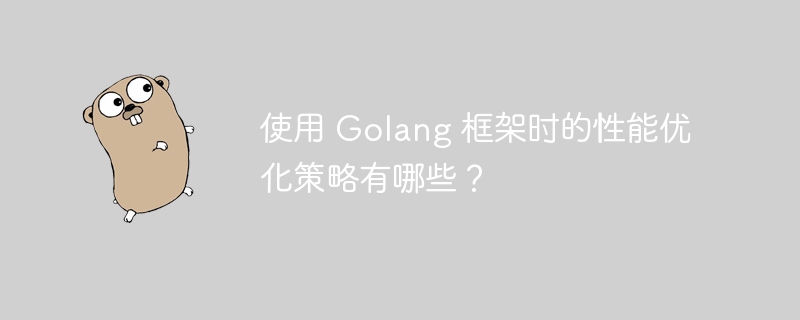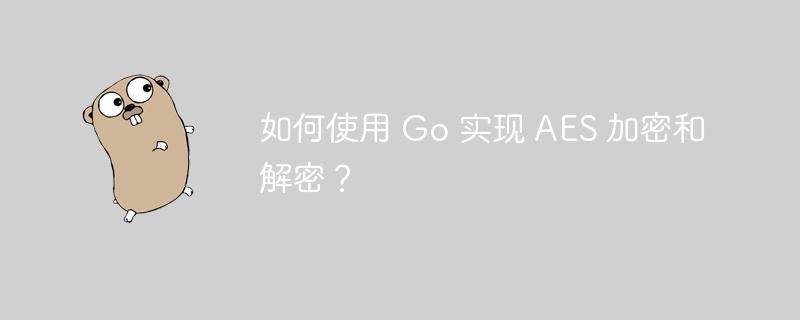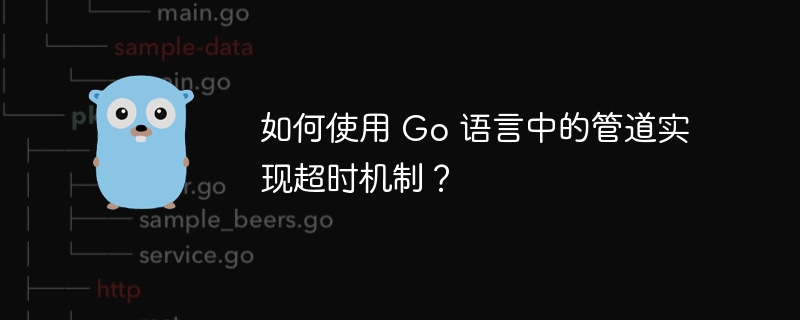我需要将长度超过 500 个字符的文本拆分为多个数组。完整的任务听起来像这样:
消息被分为 500 个字符的块。如果消息超过500个字符,则从500个字符开始查找空格,如果找到空格,则在该处将消息分成几部分。如果没有找到空格,那么我们将消息除以 500 个字符。
我的决定,这只是一个开始。 我们使用正则表达式分割文本,然后通过循环将数据添加到字符串(如果长度允许)。 但我想我很困惑,如何获取字符串数组,以便每个字符串的长度最多为 500 个字符?
re := regexp.MustCompile(`s+`)
res := re.Split(str, -1)
size := 500
finalString := ""
for i, _ := range res {
if len(finalString+" "+res[i]) <= size {
if len(finalString) == 0 {
finalString += res[i]
}
finalString += " " + res[i]
} else {
break // can be added to a new line, and if the length is longer, I do not know what to do
}
}
为了确保我正确理解这一点,您是否希望在每 500 个字符后的第一个空格处分割文本?
请记住,字符串连接可能相对昂贵(在字符串末尾添加两个字符,如 finalstring += " " + res[i] 会产生 o(n) 复杂度,因为字符串的底层字节数组必须是已复制。
更好的解决方案是依赖bytes.buffer。我编写了这个示例代码(请注意,您可以更改 splitlength — 我不想在此处粘贴 500 个字符的输入)。
package main
import (
"bytes"
"fmt"
)
func main() {
prettyPrint(split([]byte("1234567 123 12345 1234567"), 5))
}
func prettyPrint(b [][]byte) {
for _, a := range b {
fmt.Println(string(a))
}
}
func split(b []byte, splitLength int) [][]byte {
current := new(bytes.Buffer)
var bSlice [][]byte
counter := 0
shouldTerminate := false
for i, c := range b {
if shouldTerminate == true && c == byte(32) {
counter = 0
shouldTerminate = false
bSlice = append(bSlice, current.Bytes())
current = new(bytes.Buffer)
continue
}
counter++
current.Write([]byte{c})
if counter > splitLength {
shouldTerminate = true
}
if i == len(b)-1 {
bSlice = append(bSlice, current.Bytes())
}
}
return bSlice
}





